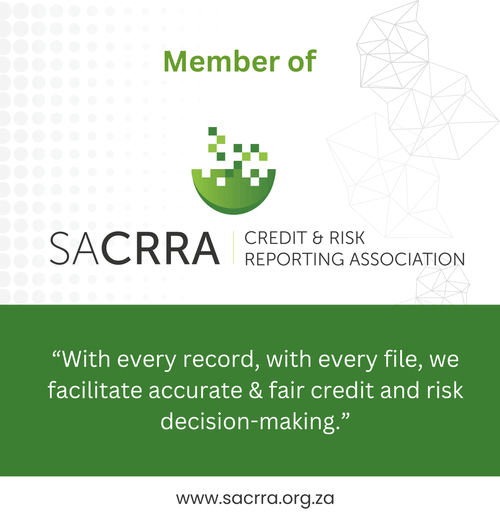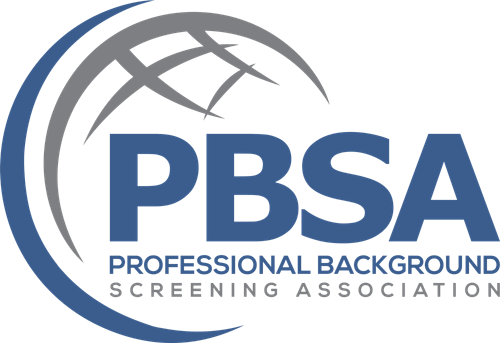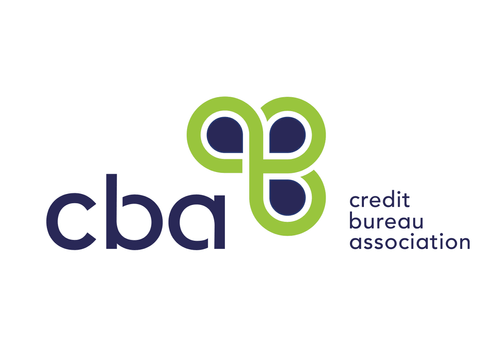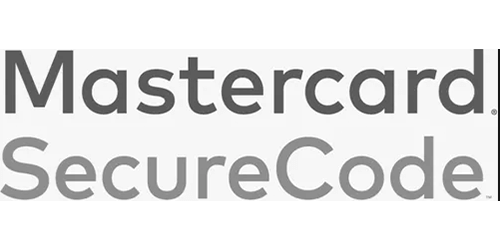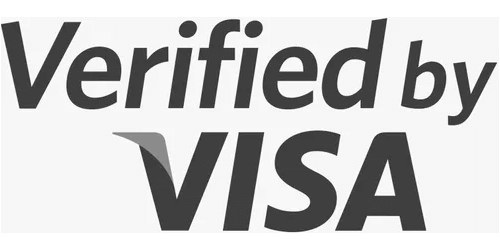In today’s globalised economy, businesses face numerous risks, including financial crimes like money laundering and corruption. One critical measure to mitigate these risks is conducting PEPs and sanctions checks. A PEP (Politically Exposed Person) and sanctions background check is a crucial process for identifying individuals who may present a higher risk due to their political influence or involvement in activities that are subject to sanctions.
What are PEPs?
PEPs (Politically Exposed Persons) are individuals who hold prominent public positions that grant them significant power and influence, such as heads of state, senior politicians, high-ranking government officials, judicial or military leaders, senior executives of state-owned enterprises, or key political party officials. Because of their roles, PEPs are considered at higher risk for financial crimes like bribery and money laundering.
Identifying PEPs is crucial for assessing the risk of involvement in corruption or money laundering, as these individuals often have more opportunities to influence decisions and access large sums of money.
The screening process involves checking against global databases and lists of known PEPs to help mitigate these risks.
What are Sanction Checks?
Sanctions are restrictions imposed on countries, businesses, or individuals to apply pressure for political or security reasons. Sanctions checks involve screening potential customers against these lists to ensure they are not engaged in prohibited activities, helping to prevent financial crimes and maintain compliance with laws and regulations. Failure to conduct sanctions checks can result in legal penalties and reputational damage. These checks are essential for:
- Compliance: Businesses in certain industries, like finance, must integrate sanctions screening.
- Identity Verification: Ensures companies comply with KYC and AML requirements.
The process involves screening against lists from various national and international authorities and regulatory bodies.

How are Sanctions Implemented?
- International organisations and governments design sanctions.
- Examples of bodies issuing sanctions lists:
- European Commission
- Office of Financial Assets Control (OFAC)
- Her Majesty’s Treasury
- Government of Canada
- Individuals or entities on these lists face penalties like:
- Financial penalties (fines, asset freezes)
- Reduced military aid
- Travel bans
Why are PEPs and Sanction Checks Important?
PEPs and sanctions checks are crucial for businesses to safeguard themselves from inadvertently becoming entangled with financial crimes. By screening potential customers against these checks, businesses can significantly reduce the risk of onboarding high-risk individuals or entities. This not only protects the company’s reputation but also ensures compliance with AML/CFT regulations.
AML/CFT stands for Anti-Money Laundering and Combating the Financing of Terrorism. These regulations are established by governments and international organisations to prevent criminals from disguising illegal money and using it in the financial system. They also aim to stop the funding of terrorist activities. This helps to:
- Minimise the risk of doing business with high-risk individuals
- Maintain a strong due diligence process
What are some of the key requirements of AML/CFT regulations for businesses?
Know Your Customer (KYC): Businesses must identify and verify the identity of their customers. This includes getting basic information about the customer, such as their name, address, and date of birth.
Customer Due Diligence (CDD): Businesses must assess the risk of money laundering and terrorist financing associated with their customers. This will involve considering the customer’s business activities, the source of their funds, and their geographic location.
Suspicious Activity Reporting (SAR): Businesses must report any suspicious activity to the FIC. This includes activity that is inconsistent with the customer’s known profile or that suggests that the customer may be involved in money laundering or terrorist financing.

How to Conduct PEPs and Sanctions Checks
While manual checks are possible, they’re inefficient and expose companies to risks.
Our API is seamlessly integrated with the supplier, making the process straightforward. Users simply need to ensure that candidate information—such as first name, last name, and ID number—is accurately entered. The PEP and sanctions checks database will then be searched using these details, ensuring compliance and reducing potential exposure to financial crimes.
Follow Dots Africa on LinkedIn, Facebook and Twitter for more information on background checks.



